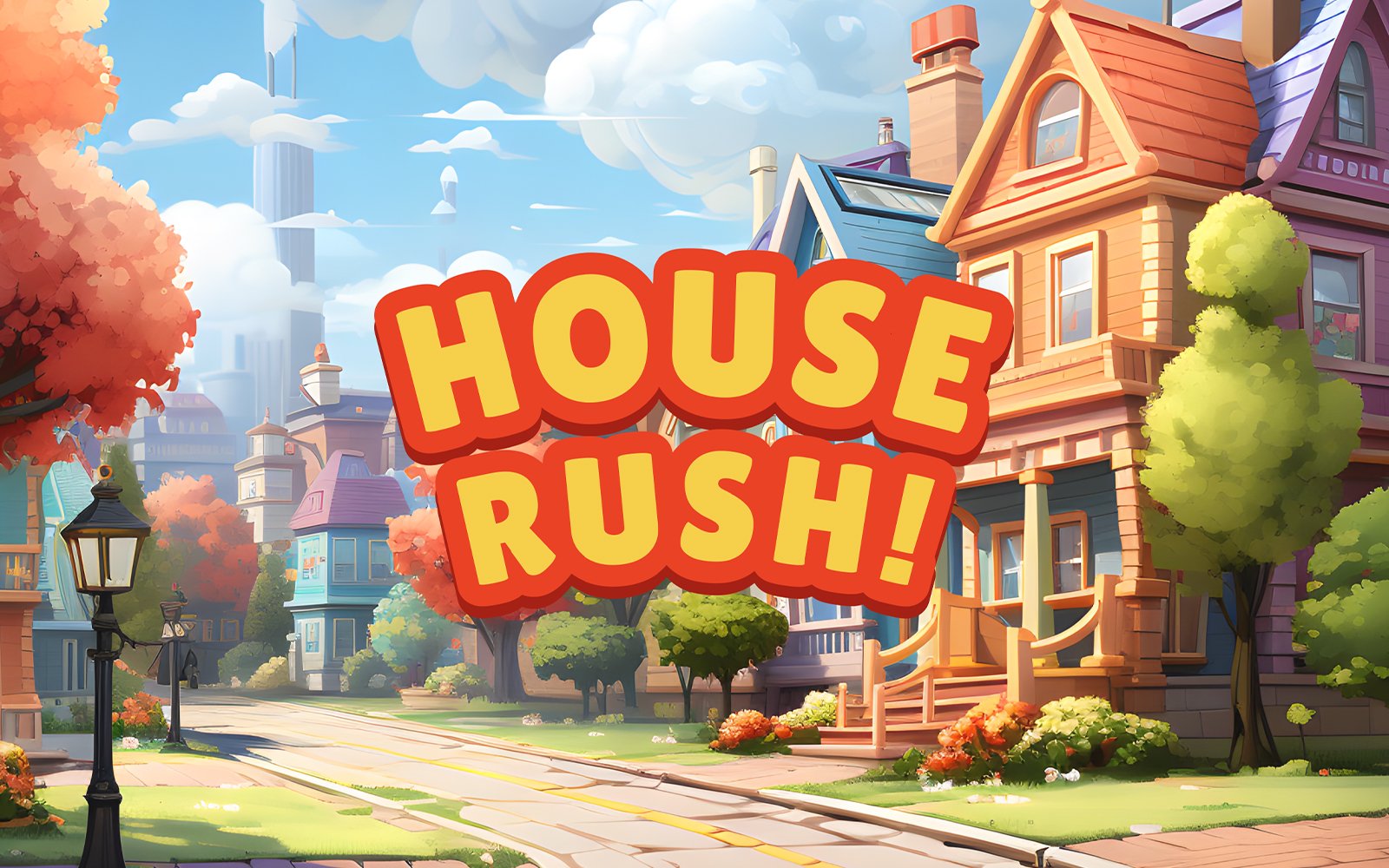“Million Dollar Listing: Los Angeles” star Josh Altman has been pitched by a lot of real-estate tech startups.
Altman, along with brother Matt and wife Heather, has invested in Matterport cameras and second-home co-ownership company Pacaso, among others. But he never put his money into real estate games.
That changed earlier this year when he heard about Closing Theory, an Andressen Horowitz-backed phone-game startup that uses real world houses, prices and other data to turn users into online real-estate moguls.
“There’s a lot of games about real estate, but not real properties with real houses around the world,” he said.
Altman would not reveal how much he had invested, but said it was “enough that we’re pretty confident that it’s going to be great.”
He joined fellow real estate industry investors like Keller Capital, the private investment arm for Keller Williams founder Gary Keller; real estate coach Tom Ferry; and Zillow and Pacaso co-founder Spencer Rascoff in financially supporting the fledgling gaming company, started by Ankith Harathi and Nitin Rajinikanth.
Harathi was the co-founder and Rajinikanth was the founding engineer at Macro, which sought to use filters and reactions to bring an entertainment factor to video conferencing and was bought by video presentation company Mmhmm in 2021.
Rascoff was a small angel investor in Closing Theory’s seed round, which was held after Harathi and Rajinikanth went through Andressen Horowitz’ six-week gaming accelerator Speedrun this spring. That round raised $2.4 million and Rascoff said via email he wished he could have invested more but it was “so oversubscribed.”
“People love real estate and they love playing games on smartphones, but no one has built a killer real estate game on the phone — yet,” he said. “By investing in Closing Theory, I am betting that this team will be the one who builds the first truly massive real estate game on mobile.”
Fantasy Sports for Real Estate
What, exactly, the game play will be like is still under wraps, with play testing in Closing Theory’s Austin offices starting later this month, and online play testing beginning this fall, Harathi said. But he described the basic idea as “Monopoly meets Zillow,” or fantasy sports for real estate.
“Browsing Zillow is people’s guilty pleasure,” he said, referencing the 2021 “Saturday Night Live” skit where cast members wear silky lingerie and roll around in bed while they browse the site’s house listings. “I think that hits the core. It’s escapism, and games fundamentally have always been about escaping from the reality that you live in today to a different version of that reality.”

The first game to launch toward the end of this year will be called House Rush, which may eventually fit inside a larger game called Neighborhood Rush. Both will be free to download with some premium upgrades users can buy and a social component to the play.
How players interact with the real estate is still very much in flux, Harathi said, but it will likely focus on single-family homes and could be “anywhere from collecting to playing mini games and guessing or quizzing or even competing, but all with real property.”
He’ll know more after the in-person play tests begin and developers can gauge if players are getting “the right highs and lows of the roller coaster.”
The property data in the game comes from “strategic partnerships with people who are investors and other kinds of data sources,” Harathi said. He also added that the game could create data of its own that could be valuable to real estate professionals, adding that players would have to opt in to share that data.
There are people who just look at listings for fun, he said, but they sometimes become more serious buyers. Right now, their comments and opinions on a home’s attractiveness or price “gets lost in the ether” as listing sites “aren’t supportive to actually translating that data into anything actionable for the people who actually have a stake in those properties.”
Harathi can imagine an option where the agent on the real home would get to reach out to people who are playing with it in the game. He added that player privacy would be their top concern and Closing Theory wouldn’t share any data unless players opt in. But if a player did want to be contacted, he said, “we can help facilitate that eventually.”
Harathi’s wife became a part-time agent during the pandemic. He said he so enjoyed attending open houses with her that it gave him and Rajinikanth the inspiration for their new company.
“Why do we find real estate so fun?” he asked. “It’s because we can go to these open houses and we can imagine different versions of our lives. So how can we bring that to more people that are already doing it on platforms that aren’t even enabling it?”
Read more


As someone who has been turning real estate into entertainment for 15 seasons on “Million Dollar Listing,” Altman said he understood the premise immediately.
“If you’re standing in line waiting for lunch, you just want to jump on your phone and entertain yourself for a little bit, just like you would do looking at properties on Zillow,” he said. “That’s what this is, which I like.”
